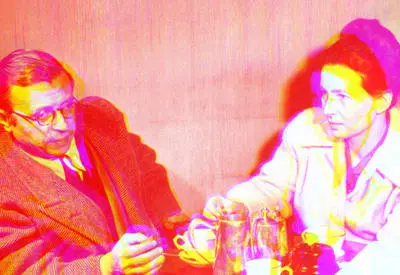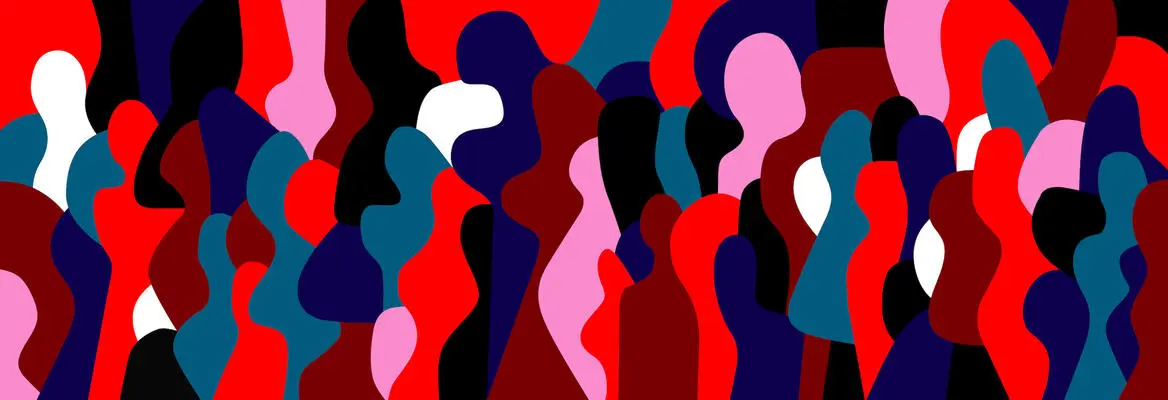For Sartre we are trapped between being subjects with experience and objects of experience. We are consciousness, but we are also physical bodies. We are free, but also limited. In order to escape this duality, we must transcend ourselves through love, writes Alexandra Gustafson.
According to the existentialists, we as human beings find ourselves uniquely situated in the world. We are masters of our own fate, yet we are still beholden to the facts; we have the freedom to act however we wish, yet we are constrained by laws and norms. The question becomes how to live. How are we to navigate between the Scylla and Charybdis of freedom and the world in a way that does not veer toward inauthenticity?
The question of how to live is not new, but is instead perhaps the oldest of philosophical puzzles. From Plato’ Republic to Aristotle’s Nicomachean Ethics, conceptions of ‘the good life’ have long argued that morality is humankind’s central defining feature. While it’s true that we are capable of self-reflection and action, however, to think that this is what defines man is to commit an error of bad faith, or inauthenticity; we are neither so entirely free nor so completely beholden to the world. Here, I’ll argue that the answer to the question of how to live can only be answered through a philosophy of love.
 SUGGESTED READING
The love lives of philosophers changed how we think
By Warren Ward
According to Sartre in Being and Nothingness, we as human beings are continually wrestling with our dual nature as free, experiencing subjects and externally-determined, experienceable objects. Try as we might, we can only treat ourselves as one of these things at a time: either we are freedom, or we are facticity. Why is this the case? Because to honour our essential freedom to act however we may choose is to ignore that we are also essentially instantiated beings. We live in a physical world governed by physical laws; a social world governed by social norms. To treat ourselves as above or outside of these is to deny the facts.
SUGGESTED READING
The love lives of philosophers changed how we think
By Warren Ward
According to Sartre in Being and Nothingness, we as human beings are continually wrestling with our dual nature as free, experiencing subjects and externally-determined, experienceable objects. Try as we might, we can only treat ourselves as one of these things at a time: either we are freedom, or we are facticity. Why is this the case? Because to honour our essential freedom to act however we may choose is to ignore that we are also essentially instantiated beings. We live in a physical world governed by physical laws; a social world governed by social norms. To treat ourselves as above or outside of these is to deny the facts.
___
___
Similarly, to bend entirely to our facticity is to deny that we are free. It may very well be that social constraints require us to behave in a certain way in one sense of the word ‘require’, but in another, stricter sense, they have no power over us at all. To treat these constraints as though they determine our actions, therefore, is to ignore the latter sense in which we are free to act however we choose. Thus, as both freedom and facticity, our lives are defined by opposition. We are experiencing subjects, but we are also experienceable objects. We have the freedom to act however we choose, yet we are also determined by the world.
In order to avoid inauthenticity, we must either recognize ourselves as equally subject and object, freedom and facticity, simultaneously; or transcend this distinction entirely. I believe that, through love, the latter path is possible. This is because love is essentially unreflective, and therefore, selfless.
___
___






















Join the conversation